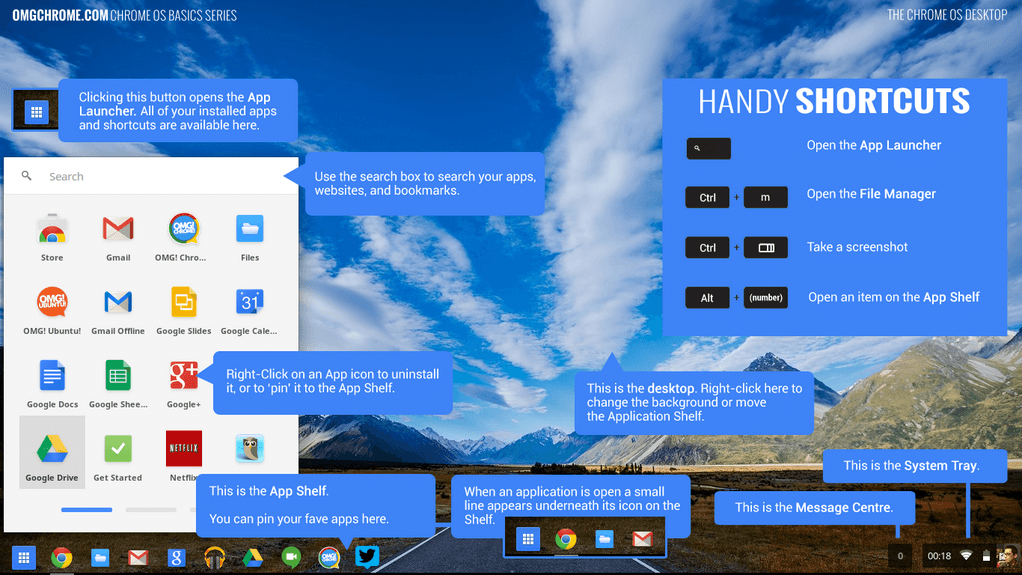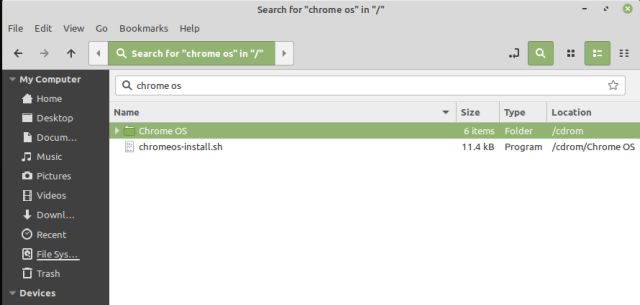


Alternatively, install a standard HDD instead - ChromiumOS/CloudReady runs fine on a HDD. There might be BIOS updates etc that improve the compatibility of older devices with newer SSDs. If your device cannot detect the new SSD at the BIOS, you won't be able to put an Operating System on it. If your device initially cannot detect the new drive, you are better off seeking support from the device manufacturer or their forums. Remember that some older devices were not designed for SSDs. With most devices, a change of hard disk might involve a quick dive into the BIOS of the device to ensure it can detect the new drive. Neverware maintain a list of devices on which CloudReady is tried and tested, though it also runs on many uncertified devices as well. There is a well published but unsupported mechanism for getting ChromeOS installed onto a device of your choice, which I have not tried and honestly couldn't recommend right now.ĬloudReady by Neverware is a version of ChromiumOS, compiled with a generic set of hardware drivers so that it works as well as possible on as many devices as possible. ChromeOS is a Google-modified version of ChromiumOS which is only supported on officially labelled Chromebooks. There are a couple of ambiguities here which need clarifying, first and most important of which is that ChromeOS is not the same as ChromiumOS.


 0 kommentar(er)
0 kommentar(er)
